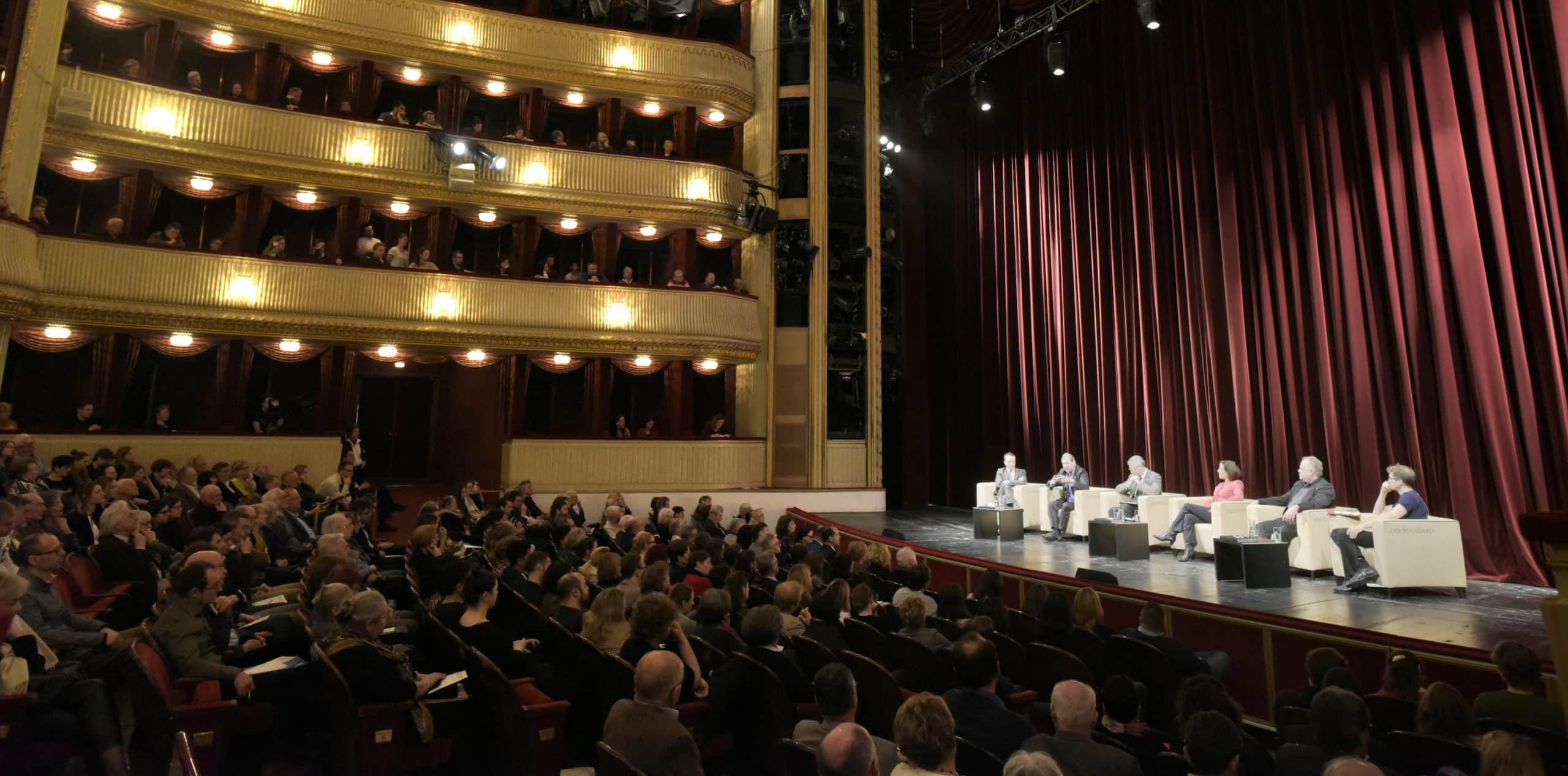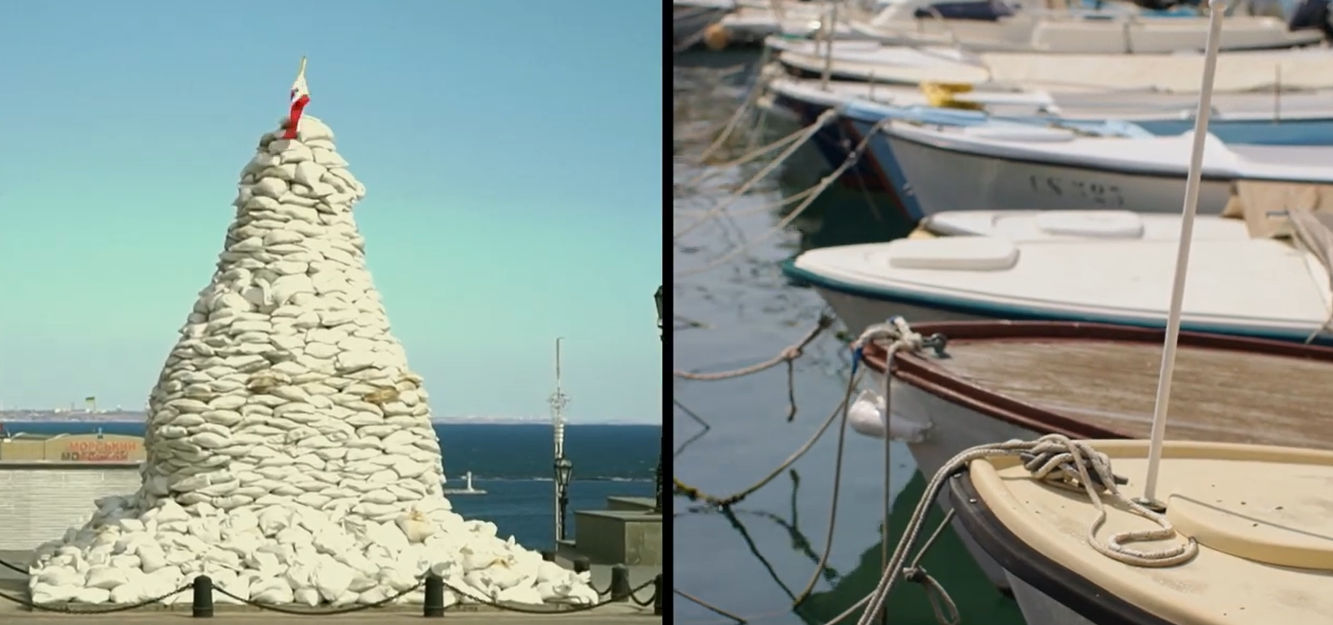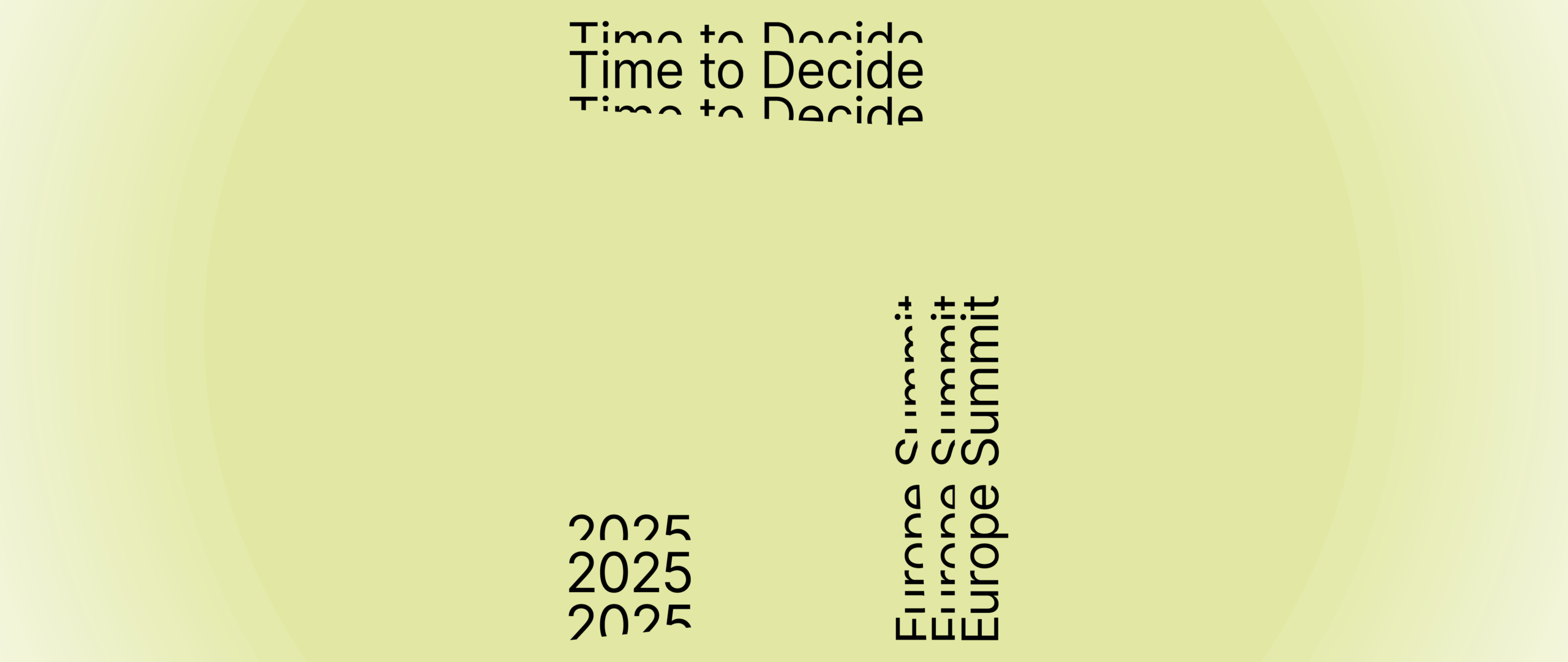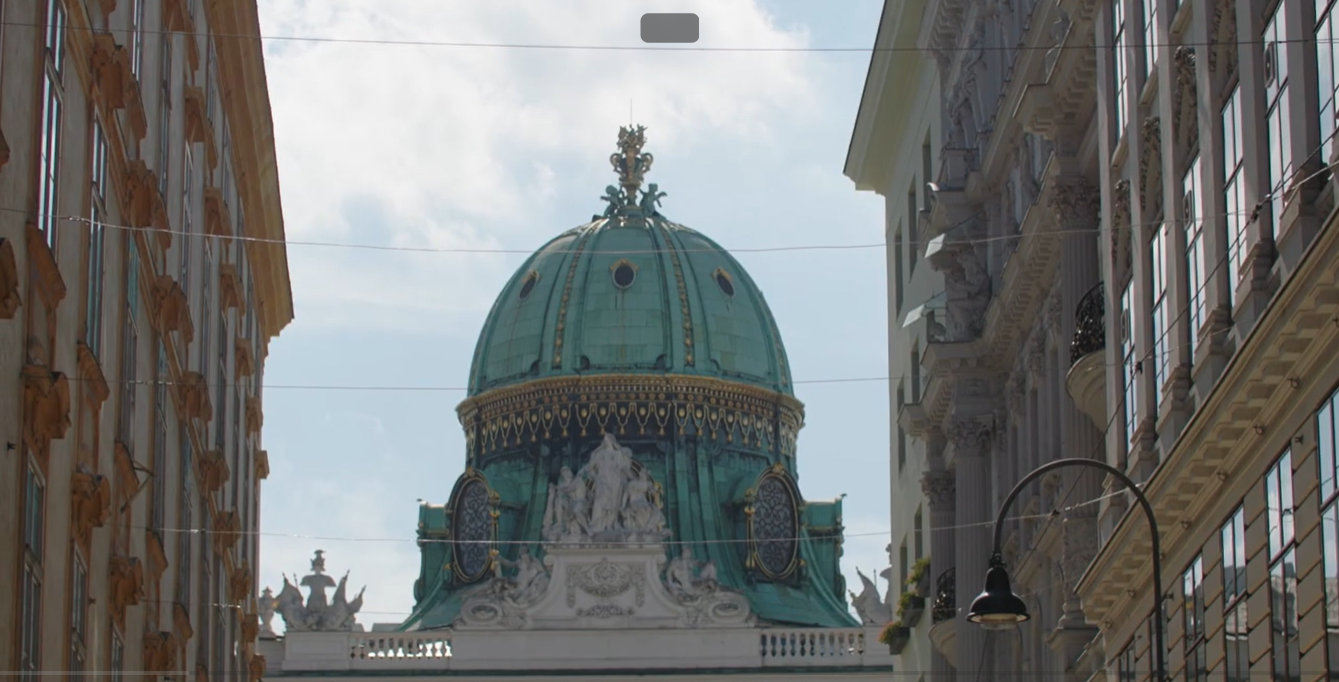Journal
24 September 2025
Reading Time: 8'
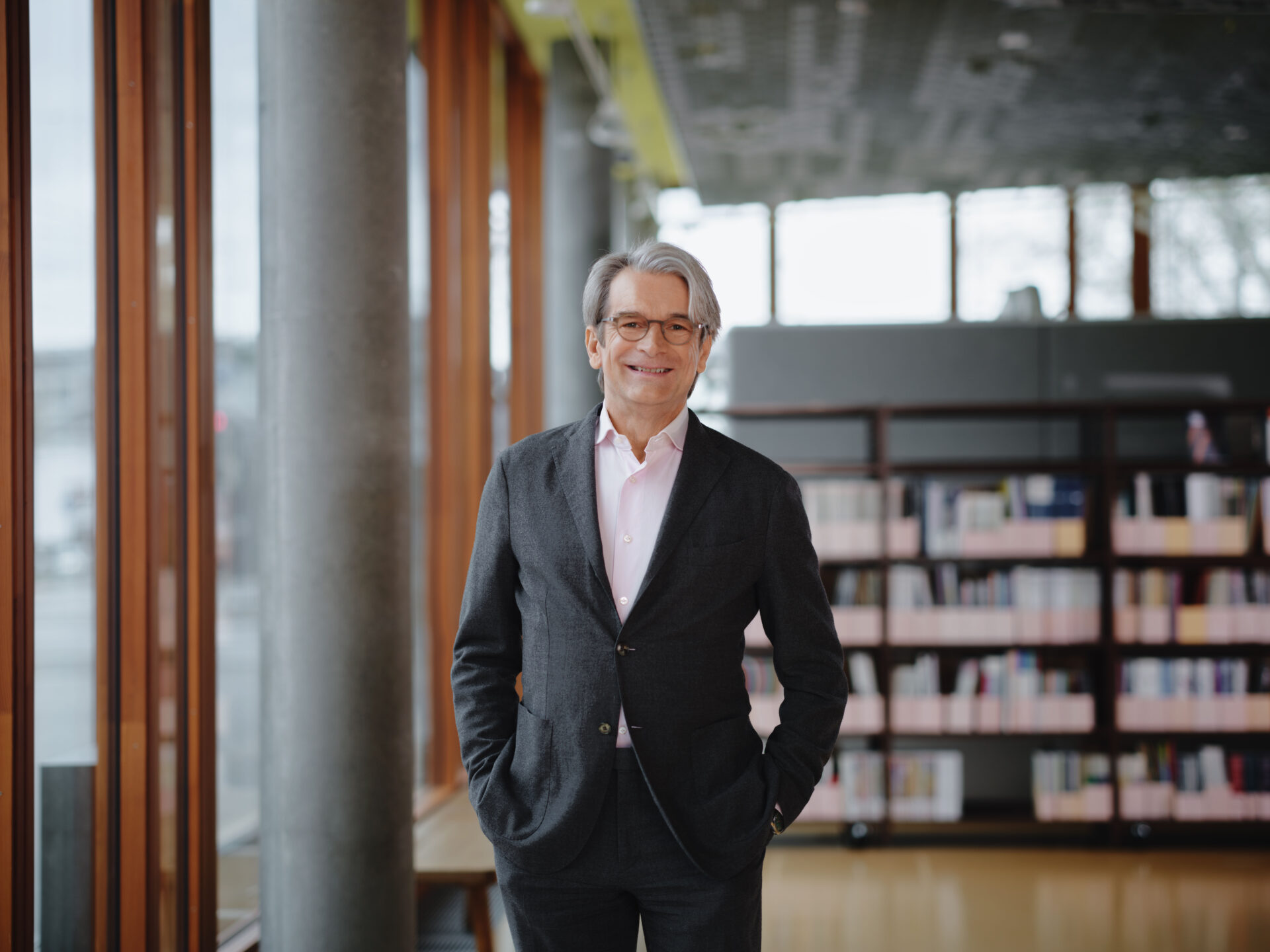
»In many regards the ERSTE Foundation has become a true all-rounder.«
After more than ten years in total, Boris Marte will step down as Chairman of the Board of the ERSTE Foundation at the end of October. He will remain closely associated with the foundation as an advisor, contributing his extensive knowledge and many years of experience. This is not a farewell, but a personal transformation – and it comes at a time of great social change. It is time to talk to him about how the world is changing and, with it, the tasks of civil society.
ERSTE Foundation ERSTE Foundation was founded in 2003, and you helped design it. The world has changed dramatically since then. What was the foundation’s mission at that time?
Boris Marte In 2003, we were an amplifier. There was verve and energy, and the whole world seemed to be moving in one direction. Fourteen years after the fall of the Iron Curtain, Europe was on the rise.
The economy was growing, and democracy seemed like a good thing to everyone. We wanted to help reinforce this trajectory in a sustainable way.
EF How did the foundation approach that task?
BM From the beginning, we felt that we wanted to give the economic engine a purpose that puts people first. We rediscovered Central and South-Eastern Europe for us. Wherever we went, we encountered new initiatives, young people, and an incredible amount of hope, commitment and modern spirit. We wanted to use that energy to bring people together and turn local phenomena into something European.
EF Do you have an example of where you noticed that energy back then?
BM The wounds left by dictatorships, communism and war were still raw, but there was a palpable sense of hope that democracy could help heal them. As a foundation, we wanted to help root the reconciliation process – in the Balkans, for example – firmly in civil society. This is also where we met a very young man at the time, Gerald Knaus, who is a Europe’s Futures Fellow and with whom we still collaborate today. We shot a television series about the Balkans with him. In Austria, many people had no idea of the spirit of optimism that existed there and how young people in the region were building a future in society for themselves.
EF Central, Eastern and South-Eastern Europe had high expectations of the EU. Today, one gets the impression that they have been disappointed. What has happened?
BM To the people in the region, the EU was not primarily a peace project as it was in Western Europe, but it was a source of hope. In 1989 and the years that followed, many also learned that it not only entailed a free, open world but often also brought unbridled capitalism without the safety net of the welfare state. That is where the foundation came in.
We realised that we all had to be careful about how we built this Europe because ideas and expectations varied greatly. As a foundation, we invested a lot of work in developing a genuine image of Europe. We only partially succeeded in this goal.
EF The general trend today is not towards a strong Europe or strong democracies. What does this mean for ERSTE Foundation?
BM The foundation needs to show what it stands for. The wind has changed, but our values and principles remain the same. We are still committed to people and the dignity of the individual, which can best be secured through democracy, human rights and the rule of law. As civil society, we must also ask ourselves what we have missed that has caused some people to stop believing in these values. I believe this has a lot to do with emotions.
EF Do you mean that populist and authoritarian movements have become adept at tapping into emotions?
BM Civil society lost its ability to defend its values and convictions with the right emotions. Emotions have always appealed to us. The foundation has always embraced this force. We have succeeded in finding networks, partners, initiatives, institutions and NGOs we collaborate with to develop ideas and strategies. There was energy, emotion and a firm belief in putting local knowledge and understanding front and centre. This is how the curatorial work with the tranzit offices came about, for instance, always organised locally. This is also how the social banking initiatives were set up. We do not impose one system on everything. And today, we cannot save what we want to save from behind a desk.
EF What do you need to do instead?
BM We need to go out, look more closely and join forces with lots of people to rediscover common ground and ideas. From there, we can start thinking in new ways again. Trust within society is eroding. We need to rebuild that trust. Only then will we rediscover a sense of common ground, connection and energy, and that could be an alternative to all the things that swamp us each day via our phones. That is the fundamental task of civil society.
EF What is the foundation’s mission?
BM It must not stand still, but it must remain steadfast. I believe that to a certain extent we need to reinvent many things that are dear to our hearts rather than just fine-tune them, which is often the response of the rational world. That will not be enough. And we must defend what is important.
We are trying to do that with the Speech to Europe. The idea behind it is that once a year, on Europe Day, someone will raise their voice in front of Vienna’s Holocaust memorial and draw a red line. This far and no further. If we care about the dignity of the individual, red lines are crucial. Rethinking Europe will also be the task the Europe’s Futures Initiative which is established now in Vienna will be focussed on.
EF The foundation works with many partners in a variety of sectors and contexts. How does it manage to do so?
BM Its particular strength lies in its ability to connect other civil society representatives who specialise in specific topics and tasks across national borders and languages. That is why art and culture are always so important to me. They are a language that everyone understands or is able to understand. They are one of the foundation’s talents for approaching solutions in a different way. Another talent is bringing together the right people from different sectors. In many regards the ERSTE Foundation has become a true all-rounder.
At the very beginning, we met with NGOs, which was not always an immediate success. But when we started to bring in not only the management level but also counsellors and street workers, we learned that NGOs had to open cash registers in their counselling centres because many of the people who came to them did not have bank accounts. That was the birth of Zweite Sparkasse.
EF How did Kontakt, the foundation’s art collection, evolve?
BM While travelling through the region, we saw that the works of artists who were dissidents during the communist era were sometimes stored in refrigerators or under beds. Those were pieces of art history, and Europe was in danger of losing them because no one was interested in this heritage. So we started to secure this heritage, build a collection and document these works through Kontakt. I could name hundreds of other examples.
EF These examples are always about respect, aren’t they?
BM Respect and trust. As a foundation, we have shown very often that we are with the people. I believe that today’s societies often lack this feeling. So we need to create new contexts that will enable this feeling and trust to flourish again. We have to keep working at this attitude. Doing so makes it a standard in every respect.
EF Many people are overwhelmed by all the crises and the uncertainty that looms over everything. Some have given up. You are not one of them.
BM I believe there is a lot of good out there and that good things can happen. It is always the small friendships, the small groups, that can make a difference. It is never the grand gestures. Embrace your friendships, build your world from there. I tell my children the same thing: Be good to each other and find your way starting with your friendships.
It is in the seemingly insignificant places that something good and new emerges. You just have to look and listen closely.
The foundation will be managed by the remaining board members Gudrun Egger, Wolfgang Schopf and Martin Wohlmuth.
